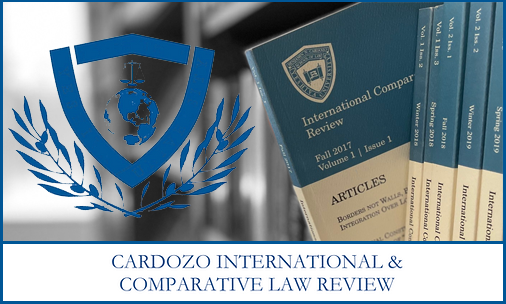Document Type
Blog Post
Publication Date
10-5-2020
Graduation Year
2022
Abstract
Efforts to tackle corporate corruption and money laundering have increased exponentially in recent decades. In the United States, the USA PATRIOT Act passed in 2001, followed by the Dodd-Frank Act in 2008, have led to a significant uptick in anti-money laundering regulations and enforcement. Internationally, several entities have been created with the goal of setting global standards in compliance. For example, the Basel Committee on Banking Supervision, to which several US institutions such as the FDIC and the Board of Governors of the Federal Reserve System belong, is the “primary global standard setter for prudential regulation of banks and provides a forum forregular cooperation on banking supervisory matters.” While anti-corruption practices and compliance programs have become increasingly prevalent and thorough, a question has recently been raised as to the relationship between anti-corruption and human rights.
This post was originally published on the Cardozo International & Comparative Law Review website on October 5, 2020. The original post can be accessed via the Archived Link button above.
Recommended Citation
Casteel, Sarah, "Human Rights and Compliance: Organization for Economic Co-operation & Development" (2020). CICLR Online. 4.
https://larc.cardozo.yu.edu/ciclr-online/4


